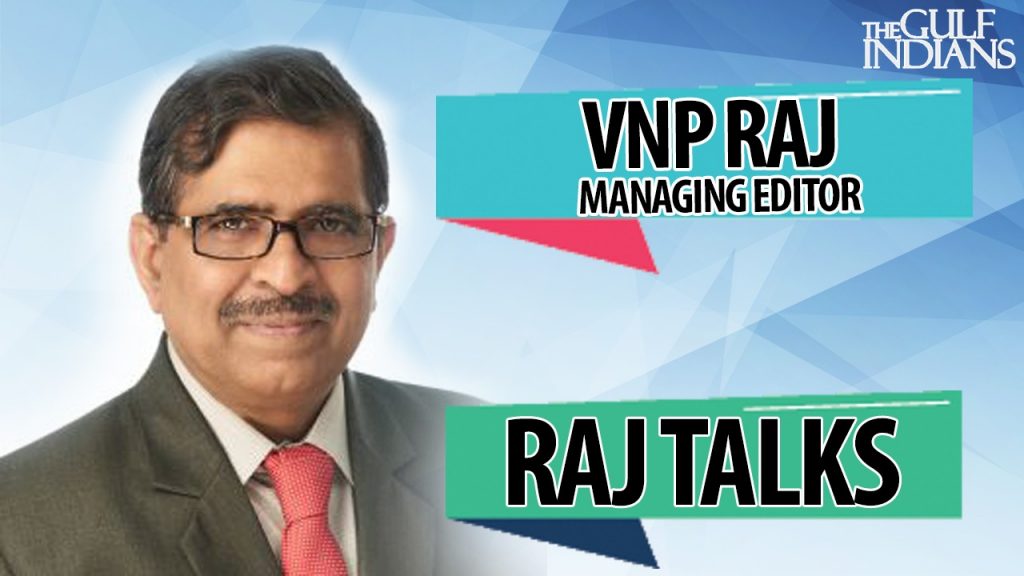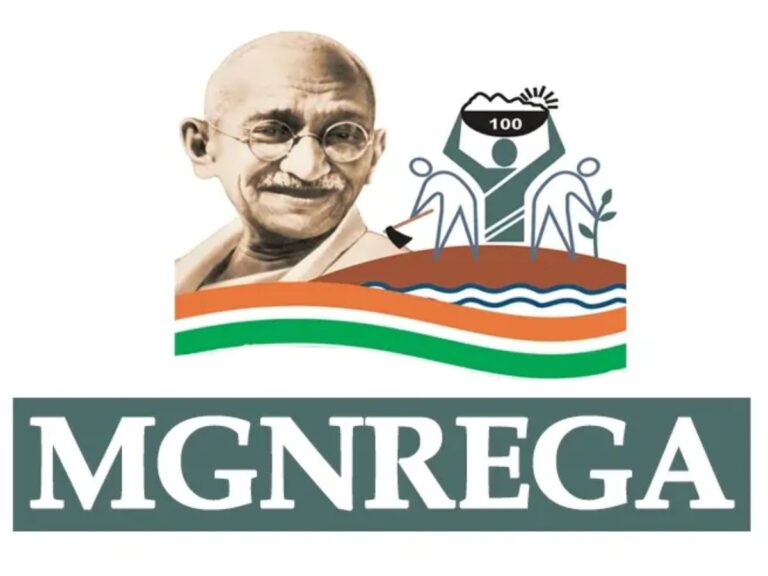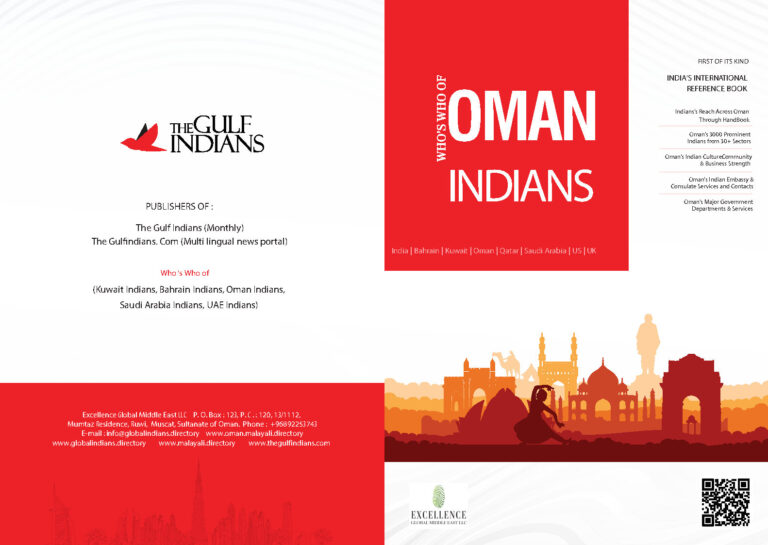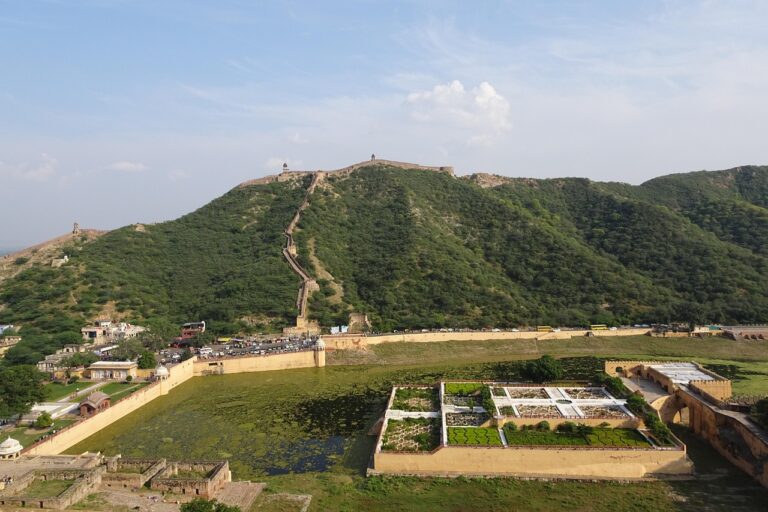Certain human skills are highly essential for the future of a student. Unless those skills are achieved, it will be extremely difficult to excel in whichever field a child selects.
If a person does not excel in his role in his youthful working days, then he/she may have to relate to the core skills achieved during the learning period. For example, we have seen highly educated people in the field of medicine, engineering, IT, and politics. But, it is interesting to note that, the most successful people are not many a time the most learned people. Most of the businessmen, including Dhirubhai Ambani, Jamshedji Tata, or the Hindujas, never had the highest business qualifications.
There are business people, nevertheless, with an MBA, but never have those qualifications helped them succeed. We need to think, then, what made successful business people famous.
Let’s consider those skills. For example, India’s present Prime Minister, Narendra Modi, has learning attainments that are not the greatest to be a political leader. But, what skills does he have that make him rise up to become the Prime Minister of this big nation. It is not easy with so many multiple cultures and multiple outlook of people in India. But how does he manage? Similarly, Manmohan Singh was a great learner and he became a big politician. Likewise, Abraham Lincoln who never had proper schooling, finished his law and led one of the popular democracies. Another figure who excelled in politics is Winston Churchill who became the wartime Prime Minister of United Kingdom.
Many great scientists were ridiculed and dropped out of schools. For instance, Thomas Alva Edison, who had more than 100 inventions to his name, never had a proper schooling. So is Albert Einstein and Isaac Newton. But, what made these people become great contributors to this world despite not having a post-graduation or a Ph.D?
Core skills enabled them to be successful. They are values essential for a child to achieve along with learning. The skills help children to build knowledge and create a positive character and a good career for themselves. So, the ultimate goal of learning is to acquire skills with knowledge that help a child to build a good character backed by a career based on one’s passion. Therefore, core skills need to be enriched through learning.
To secure an enriched learning, I have identified the following core educational values for a child which allow him/her to enjoy learning independence or the freedom to learn, inner sense of discipline to build his behaviour and character, and the cycle of excitement to develop his passion into a career. These three core educational values which help create career and character for a child can be realized by seven student values, seven teacher values, and seven school values. The 21 values that support the three core values for achievement of a child lead to the creation of the core skills. The core skills that further drives a child to create a successful career and a positive character is the educational vision of Athena.
Let’s consider, how an effective and enriched learning can take place with the help of five skills. The very first skill is an observation skill. Where does this observation skill start? It develops in us as a child at home, later in the kindergarten, and further in the schools and colleges. If we lose the skill to observe, then we lose the purpose in life.
Perhaps, it is patience that makes one a keen observer. Most of the people today are unable to observe because of the lack of mindfulness, the lack of patience, and the lack of interest in their fast life. It needs only seconds to observe but the problem is who has those seconds?
If the observation skill is not developed, it will be extremely difficult for a child to excel later in life. Children will vary based on their numerical skills, and spatial skills; but, everything depends on the observation they make through touch – touch through sight, touch through ear, touch through taste, touch through the nose, and touch of the skin. So, the five types of touch result in the feel; and, that is observation.
Likewise, the ability to observe is not just to see; but, to observe which is to differentiate and see. To differentiate one from the other- to differentiate your hands from your legs and to see how hands and legs coordinate with the body; to differentiate through two eyes; to differentiate through nose; to differentiate through the ears; to differentiate your hair; to differentiate each organ of the body – the external and internal organs; put them all together and you will see how your soul works.
Sometimes, this ability is what doctors have lost. They have great knowledge of medical science and augmented by pharmaceutical companies and conferences on improvised treatment; but, the very fundamental coordination, a macro picture of the human soul, how it balances, how it works, how it reacts, maybe overlooked because it differs from person to person based on hereditary traits, living habits, food habits, and climate. When these things are ignored, the treatment become poisonous instead of medicine because the observation skill from the macro platforms on differentiation and unification have not been strongly built up in a child. So, the observation skill is very important to be developed in the children of a school.
Once differentiated observation skill has been developed, then the second skill to be created is the ability of a child to combine, contrast and connect. For instance, the skill to combine, contrast and connect is important while eating a Kerala Sadhya. Dishes like parippu, sambhar, avial, thoran, pulissery, pachadi, and pickles should not be eaten all together with the rice. While along with sambar only pickle should be eaten with rice because two combines, contrasts and connects; parippu, avial, pappadam, ghee and rice are a heavenly combination; pulissery with rice, on the other hand, makes another great taste. Thus, the ability to combine, contrast, and connect is an important skill which needs to be applied in our daily life.
The third skill that is closely connected to the skills of observation and connection is the skill to judge. It is the result of the first and the second skills. How can one make a judgment? And when one judges, how risk be balanced? How can a doctor, for instance, decide: “Should I give an injection or not? Should I recommend for a surgery or not? Should I prescribe a medicine or not? Should I go or not? Should I continue or not? Should I rest or not?” Every moment of your life you are confronted with the task of decision making. So, the ability to judge and makes decisions in order to balance risk according to priority is the third aspect of learning which every child has to build up.
When all these three skills of observation, connection, and judgment are formed, the need for a vital skill which is the ability to communicate arises. Today, the ability to communicate comes from both verbal and non-verbal communications such as facial expressions, gestures, body language, intrapersonal communication, and interpersonal communication. If you have communication skills, then for sure you will be a good doctor. But, if you don’t then, when a patient sits across you, you fail in front of your patient.
The last core skill is the ability to plan out time. An unplanned item is an undone item. Planning process will take away 50 per cent of the job. It will remove the devil in the detail. Many times, functions get messed up due to ineffective planning. For instance, you dress up well, and you are on the way to attend a wedding function but couldn’t reach on time because of the lack of time management and ineffective planning. You couldn’t anticipate a bandh, a traffic, or a tyre puncture. So, when everybody had the sadya, you are stranded on the way. Thus, career plans, agendas, and to-do lists become pointless because of the lack of the essence of timely planning.
Thus, the five skills – observation, connection, judgement, communication, and timely planning – are life skills that need to be achieved in learning. Once, these core skills are attained, the seven student values, the seven teacher values, and the seven school values can be realized.












